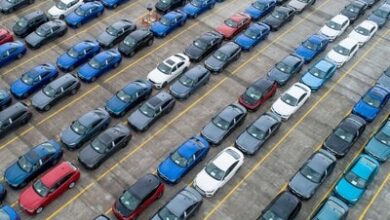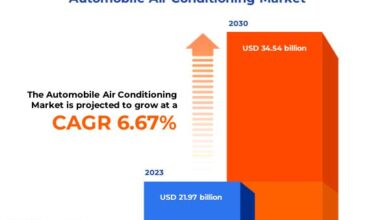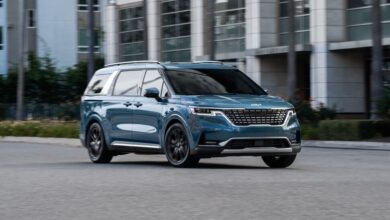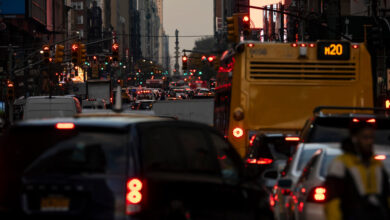BMW and Jaguar slammed for importing banned Chinese parts and cars
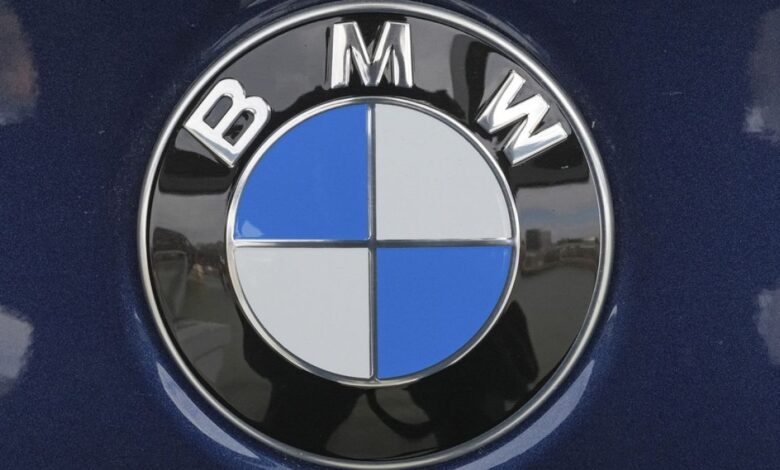
The parts are mostly LAN transformers, imported from Sichuan Jingweida Technology Group (JWD) which allegedly uses forced Uyghur labour.
A number of car manufacturers, such as BMW, Jaguar Land Rover and Volkswagen have come under fire for importing cars, or car parts, from Chinese companies and supplies suspected of using forced Uyghur labour.
The US has made it illegal to import goods produced by forced labour. This especially affects the north-western Xinjiang region of China, where the Turkic Uyghur people are suspected of being exploited by both companies and the Chinese government for forced labour.
To further enforce this, the US came up with the Uyghur Forced Labour Prevention Act (UFLPA) in 2021, which bans a number of Chinese organisations violating labour laws.
Now, a US Democratic staff report entitled: “Insufficient Diligence: Car Makers Complicit with CCP Forced Labour”, has found that one of BMW and Jaguar Land Rover’s suppliers, Bourns Inc, allegedly imported thousands of vehicles into the US, made with parts from entities banned under UFLPA.
US ban in force since December 2023
The parts, known as LAN transformers, were from Sichuan Jingweida Technology Group (JWD), which has been banned by the US since December 2023. They were being used in vehicles which were meant to be sold this year in the US. About 8,000 BMW Mini Cooper cars are expected to also have banned components in them.
Volkswagen voluntarily revealed that a particular shipment of its automobiles contained the banned parts.
In the past, BMW has come under scrutiny for a controversial heating seat subscription service, as well as for its cars emitting much more nitrogen oxide than had been picked up by lab tests.
Jaguar Land Rover had also been criticised for its faulty exhaust filters in its diesel cars, which could potentially see consumers being entitled to a £3 billion (€3.51 billion) legal claim.
Could China-US relations be further strained by the UFLPA law?
China-US relations have been distinctly frosty in the past few months, due to an ongoing semiconductor and artificial intelligence (AI) cold war. This has led to the US banning several tech companies such as Nvidia and Intel from exporting high-perfomrance chips to Chinese companies such as Huawei.
In return, China has banned graphite exports to the US.
Now, the UFLPA law could be the latest nail in the coffin between the two countries, with China having consistently refuted these human rights abuses claims.
Chinese Foreign Ministry spokesperson Wang Wenbin said, as reported by the BBC: “The so-called Uyghur Forced Labour Prevention Act by the US is not about forced labour but about creating unemployment. It does not protect human rights but, under the guise of human rights, harms the survival and employment rights of the people in Xinjiang.
“China strongly condemns and firmly opposes this. We will take measures to resolutely safeguard the legitimate rights and interests of Chinese enterprises.”
US not impressed with car-makers’ self-policing policy
Senate Finance Committee chair Ron Wyden, D-Ore said in a statement: “Automakers are sticking their heads in the sand and then swearing they can’t find any forced labour in their supply chains.
“Somehow, the Finance Committee’s oversight staff uncovered what multi-billion-dollar companies apparently could not: that BMW imported cars, Jaguar Land Rover imported parts, and VW AG manufactured cars that all included components made by a supplier banned for using Uyghur forced labour.
“Automakers’ self-policing is clearly not doing the job. I’m calling on Customs and Border Protection to take a number of specific steps to supercharge enforcement and crack down on companies that fuel the shameful use of forced labour in China.”
